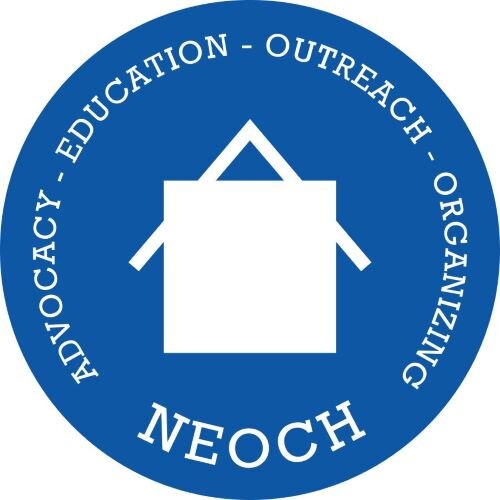Maui fires were a product of colonialism and gentrification; Lahaina people continue to thrive despite centuries of oppression.
Go Nakamura/The New York Times/Redux
In pictures: The deadly Maui wildfires Sarah Salmonese sits where her apartment once stood in Lahaina, Hawaii, on Friday, August 11.
In the recent fires of Lahaina, the Island of Maui, many are struggling with the loss of loved ones, the loss of their culture’s history, homes, and native lands. And rather than focusing on community healing, they are hit again by the violence of gentrification, through land grabs that echo centuries of colonialization. The fires in Maui were some of the deadliest fires in the past 100 years of the United States’ history with hundreds presumed dead and even more missing. This tragedy was completely preventable. An electric wire touching local fauna that was flagged and warned two weeks before the deadly fire that consumed most of Lahaina, the Island of Maui.
While it is easy to blame the fires on the overall climate crisis across the globe, the fire in Lahaina is closely tied to its history of being colonized. To truly get a full grasp of the fires in Lahaina, one must go through the rough history the Kanaka Maoli (Native Hawaiian) people have faced. Early colonialists were the Spanish and Europeans around the 1780’s then Americans in the 1898 (when the US annexed Hawai’i). As colonists moved in they pushed out the Native peoples with their native fauna and land management practices. This decimated the biodiversity of the island and took a toll on the island’s natural balance and ecosystem. White American colonists brought in flammable grasses and killed the moist tropical plants to favor large scale agriculture and to take over land. After plantations and farmland were abandoned, the non-native, invasive grass was able to take over much of Maui’s ecosystem. Because this went unchecked, the fires spread quickly without wetter tropical plants' resistance.
Now the fires are deepening the preexisting housing crisis. Colonization lead directly to the conversion of large swaths of land into tourist destinations, raising the cost of housing for everyone living on the island, but hitting Native people hardest. Current real estate development and speculation prioritizes tourism, rather than people who couldn’t afford housing even before the fires.
“Home prices in the last two decades have skyrocketed in Maui, averaging $1.2 million today and putting the typical wage-earner out of reach for a home. Even a condo holds a median price of $850,000.” (NYPost “Maui locals worry they’ll be priced out after the wildfires” 2023)
Native organizing efforts must be supported, to prevent a massive wave of homelessness within Lahaina. Strategic planning and advocacy is underway within Native communities, to ensure that future buildings and housing will be affordable and dedicated to restoring Native lands to their rightful stewards. These communities continue to thrive, even under the weight of colonization and gentrification.
Mike Blake/Reuters
In pictures: The deadly Maui wildfires The Lahaina neighborhood of Wahikuli Terrace is seen on Tuesday, August 15.
So, what can we do to help? It is important to listen to the voices of Kanaka as they grieve the loss of their home, history, and native lands. The island is more than a tropical vacation spot and should be treated as such. We need to uplift the Kanaka in this time of need by supporting their fight for affordable housing and reclaiming power over their government and home. Today many leadership roles are taken by kama'aina (non-Native locals) and therefore most institutions in Hawai'i are not Native led. If you want to help, please use this opportunity to donate to and boost Native land defender groups like these listed below who've been doing the work on behalf of both Kanaka and kama'aina (non-Native locals) of land reclamation and sovereignty building precisely so disasters like this don't happen on their land. They are also the best source for legit and vetted relief funds that directly help the people in need:
Kanaeokana - https://kanaeokana.net/
‘Āina Momona - https://www.kaainamomona.org/
Kāko’o Haleakalā - https://linktr.ee/kakoohaleakala
Lastly it is important to remember that the United States unlawfully occupied the sovereign lands of Hawai’i, but the sovereign nation is still flourishing and that the lāhui (nation) will persist. Now is a time to support the Native people of Lahaina rebuild their home and history while reclaiming their land.
Articles used:
https://www.washingtonpost.com/nation/2023/08/14/hawaii-housing-crisis-lahaina-homes-maui-fires/
https://nypost.com/2023/08/15/maui-locals-worry-theyll-be-priced-out-after-the-wildfires/
https://www.cnn.com/2023/08/25/us/maui-wildfires-unaccounted-for-list/index.html
https://www.npr.org/2023/08/16/1193632164/mauis-cultural-landmarks-burned-but-all-is-not-lost


